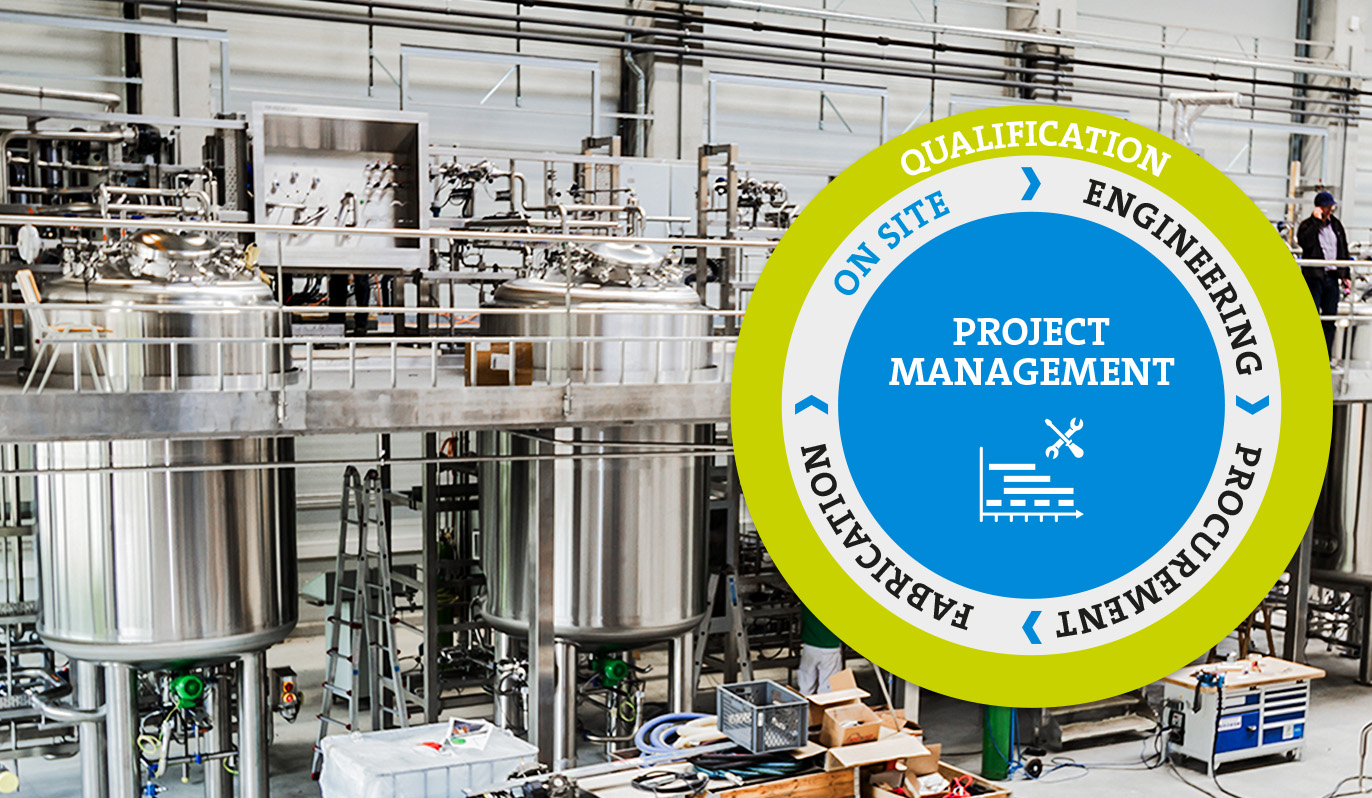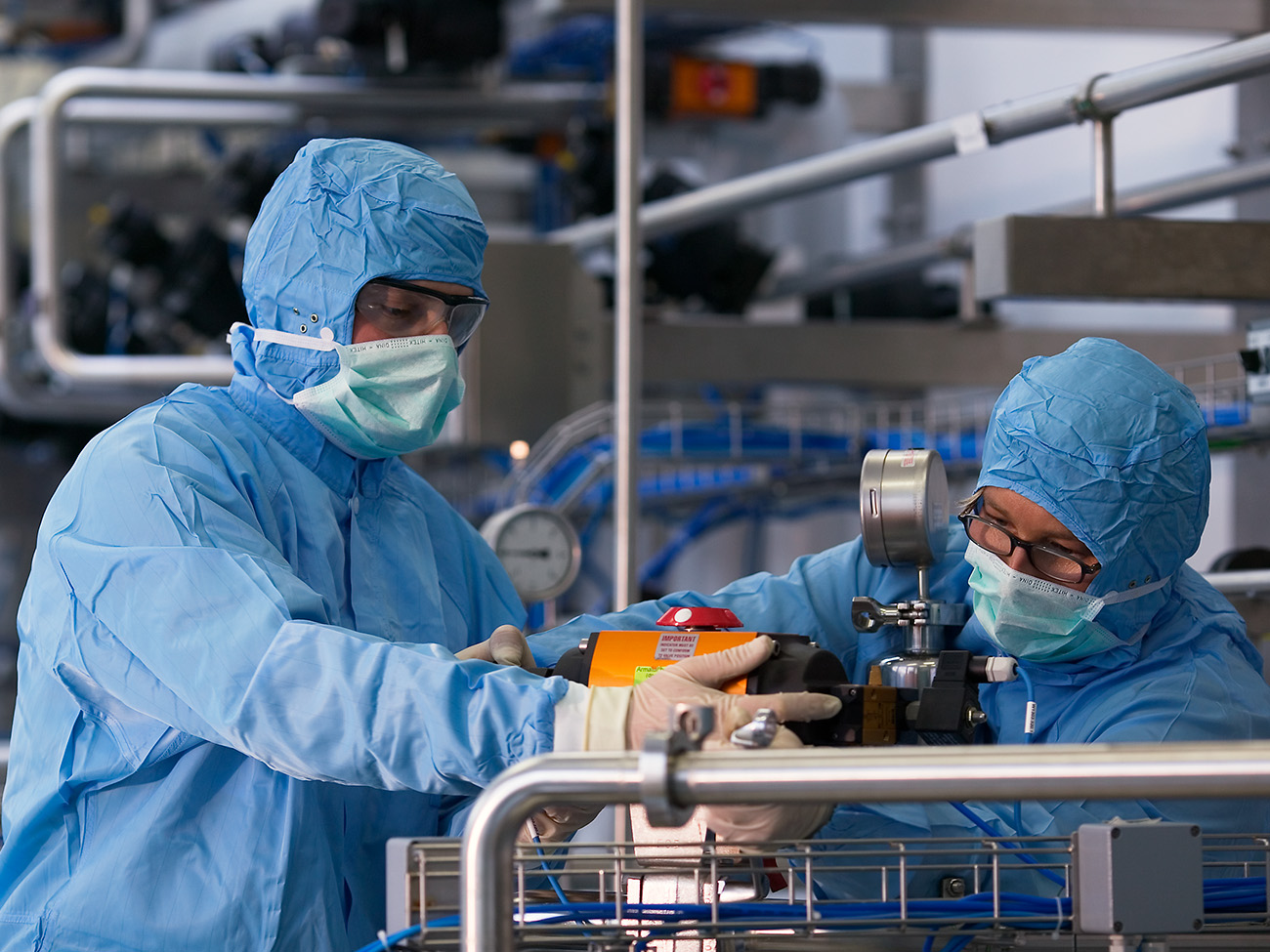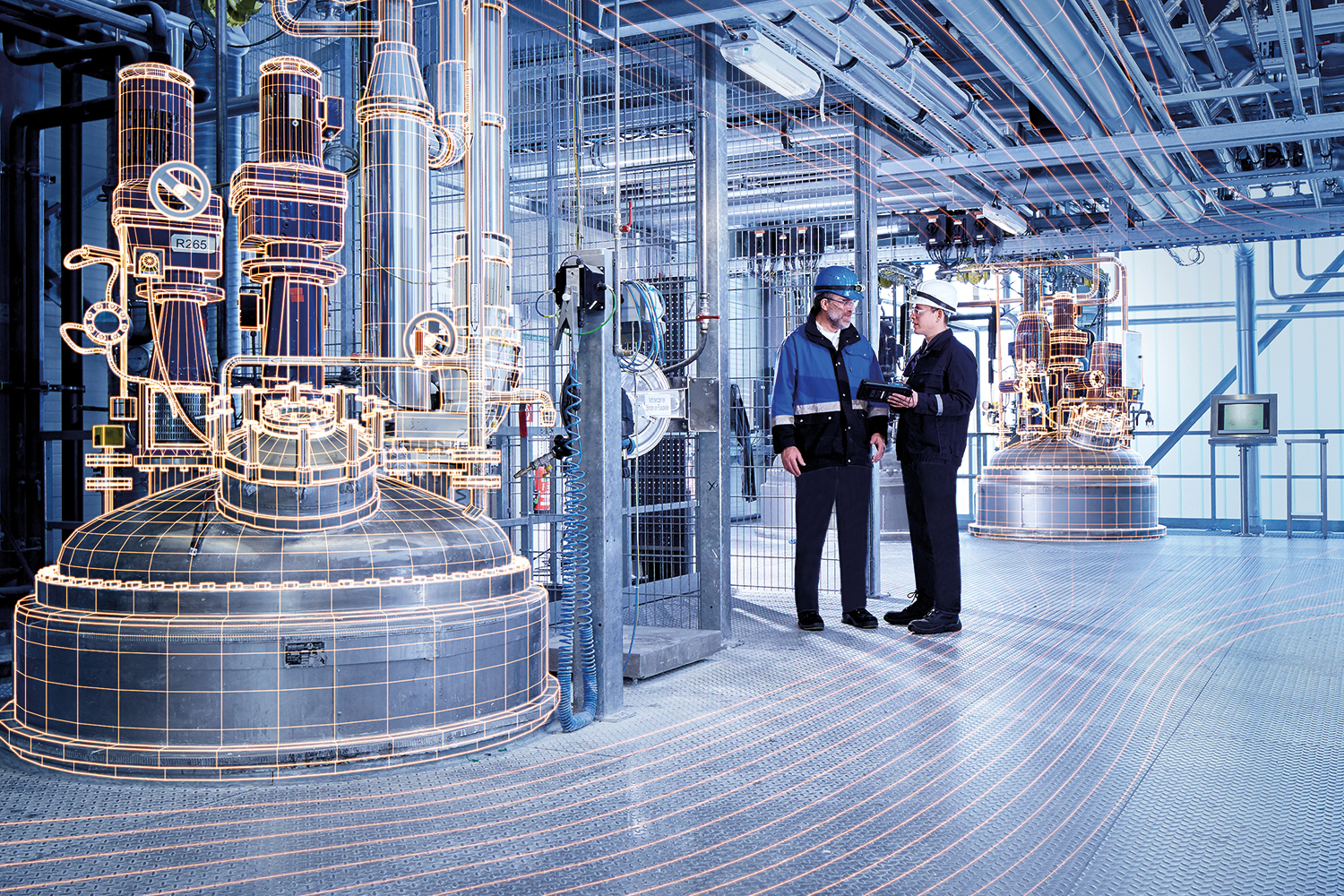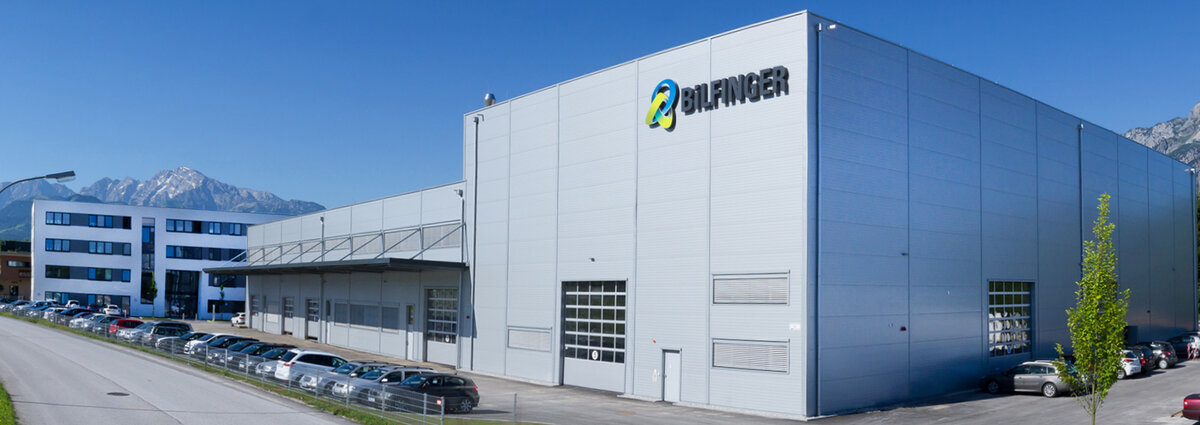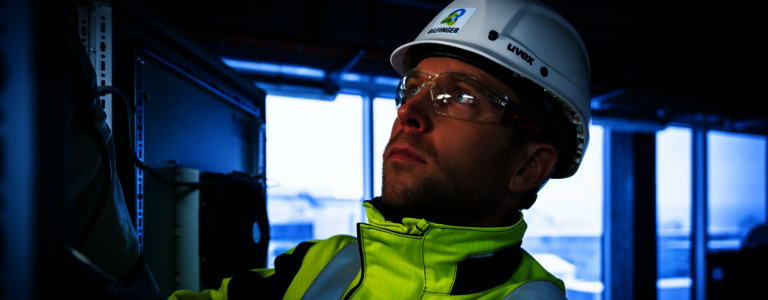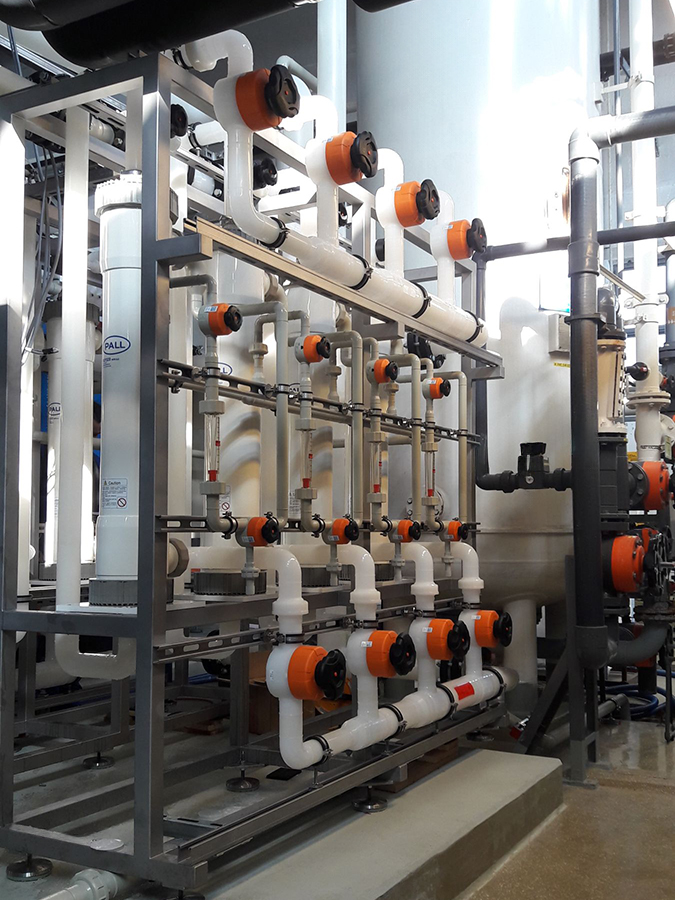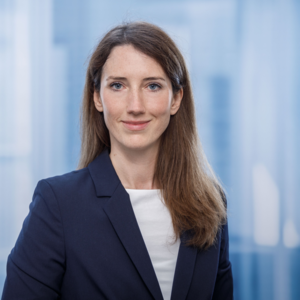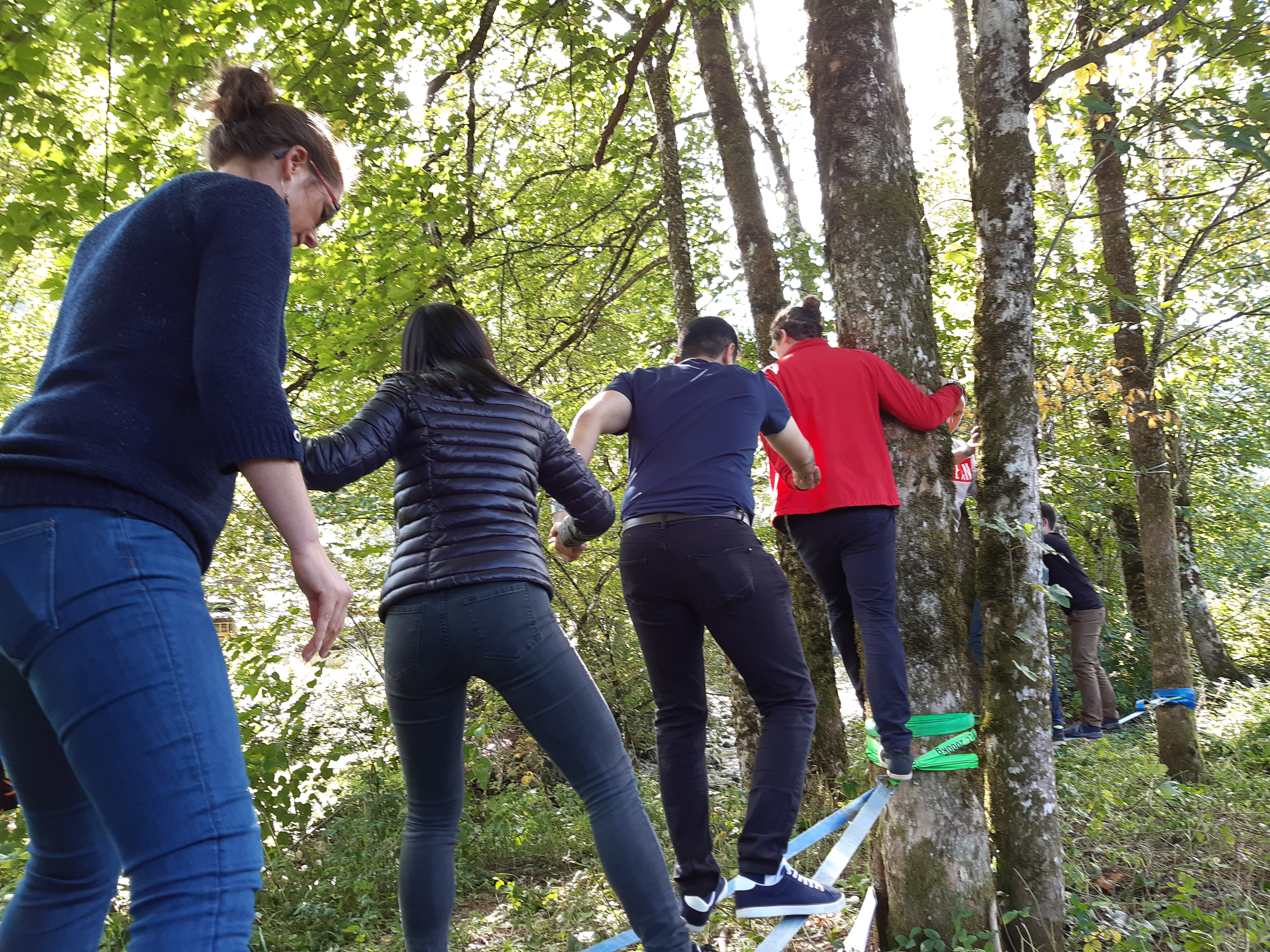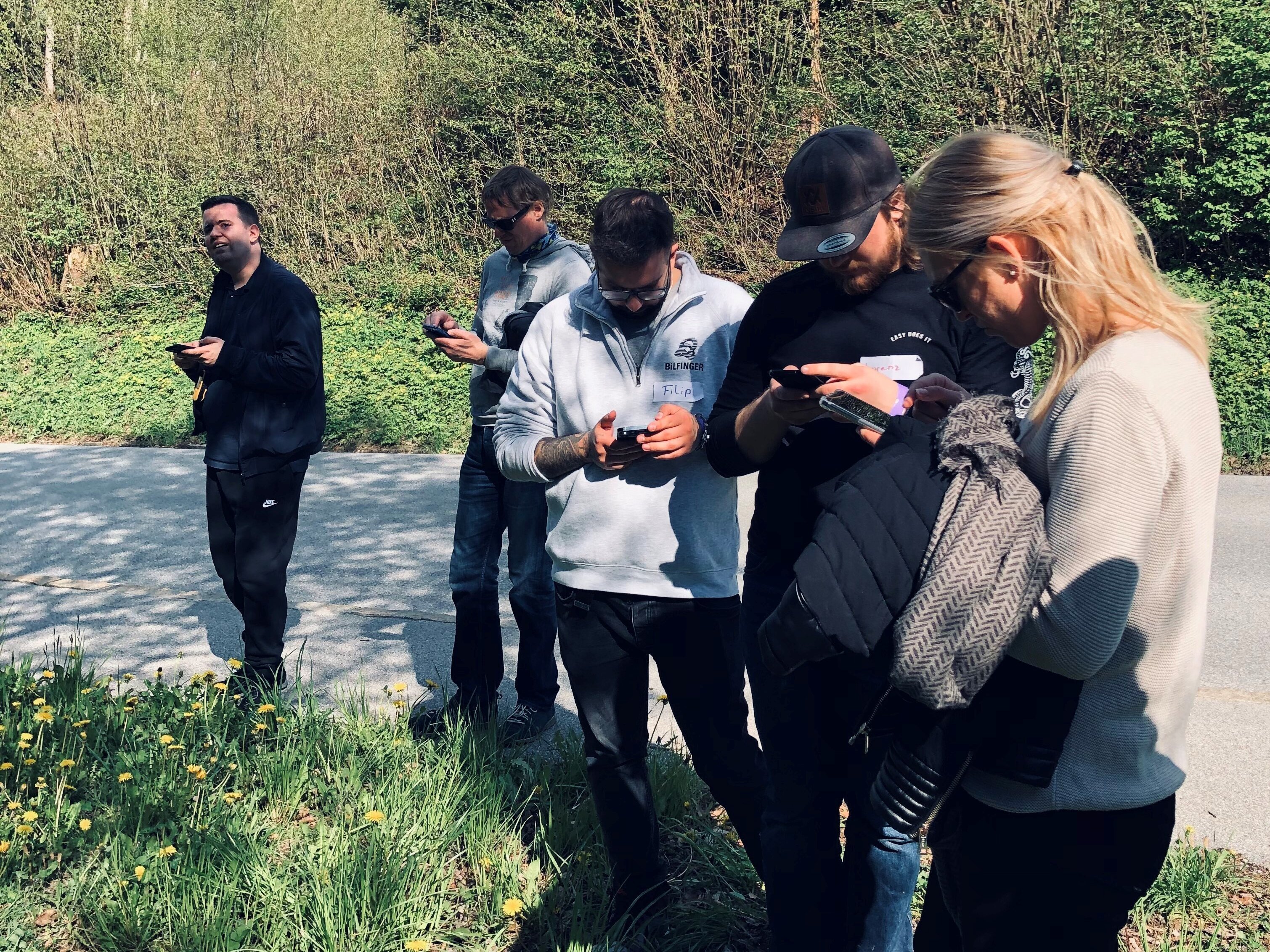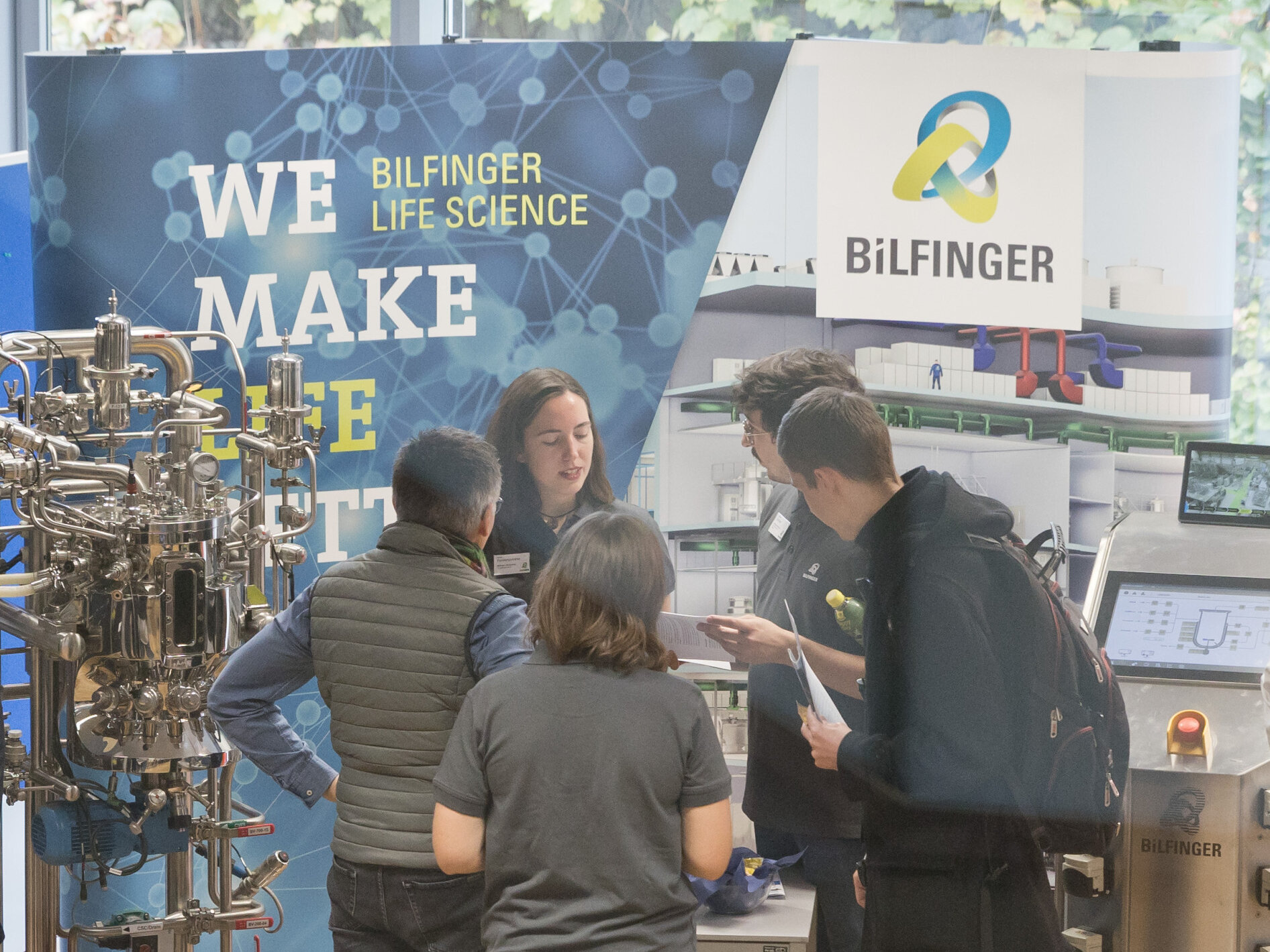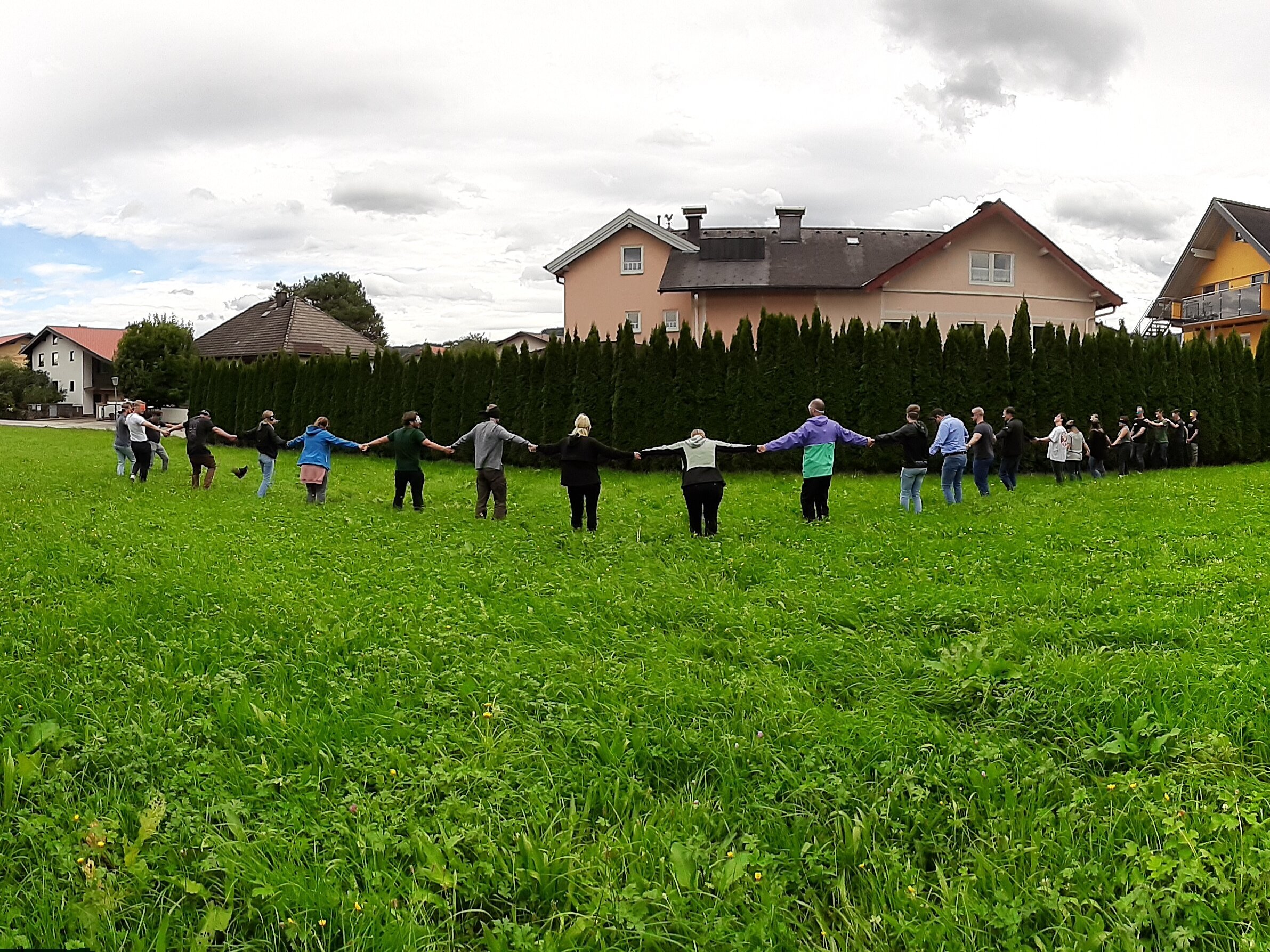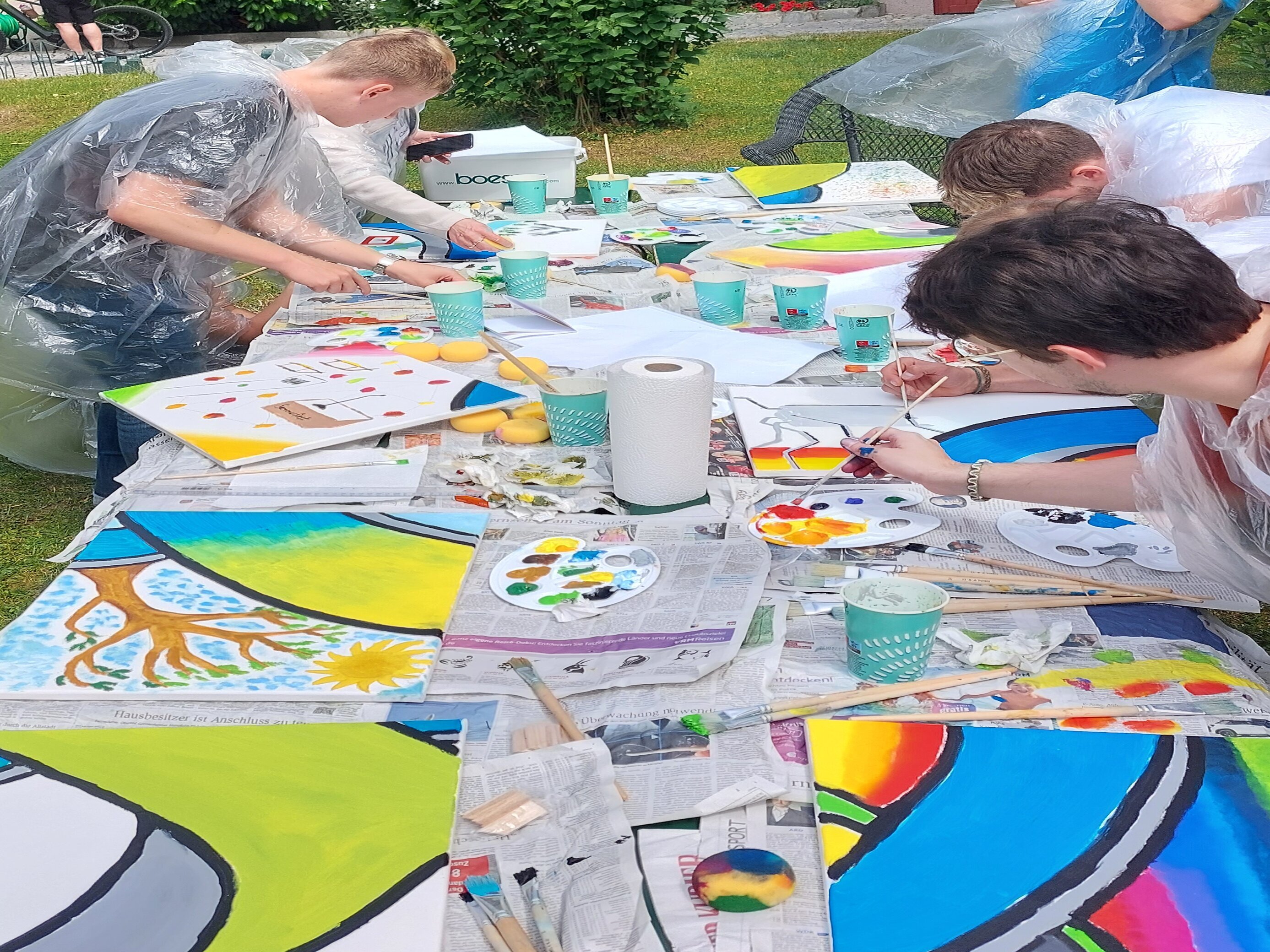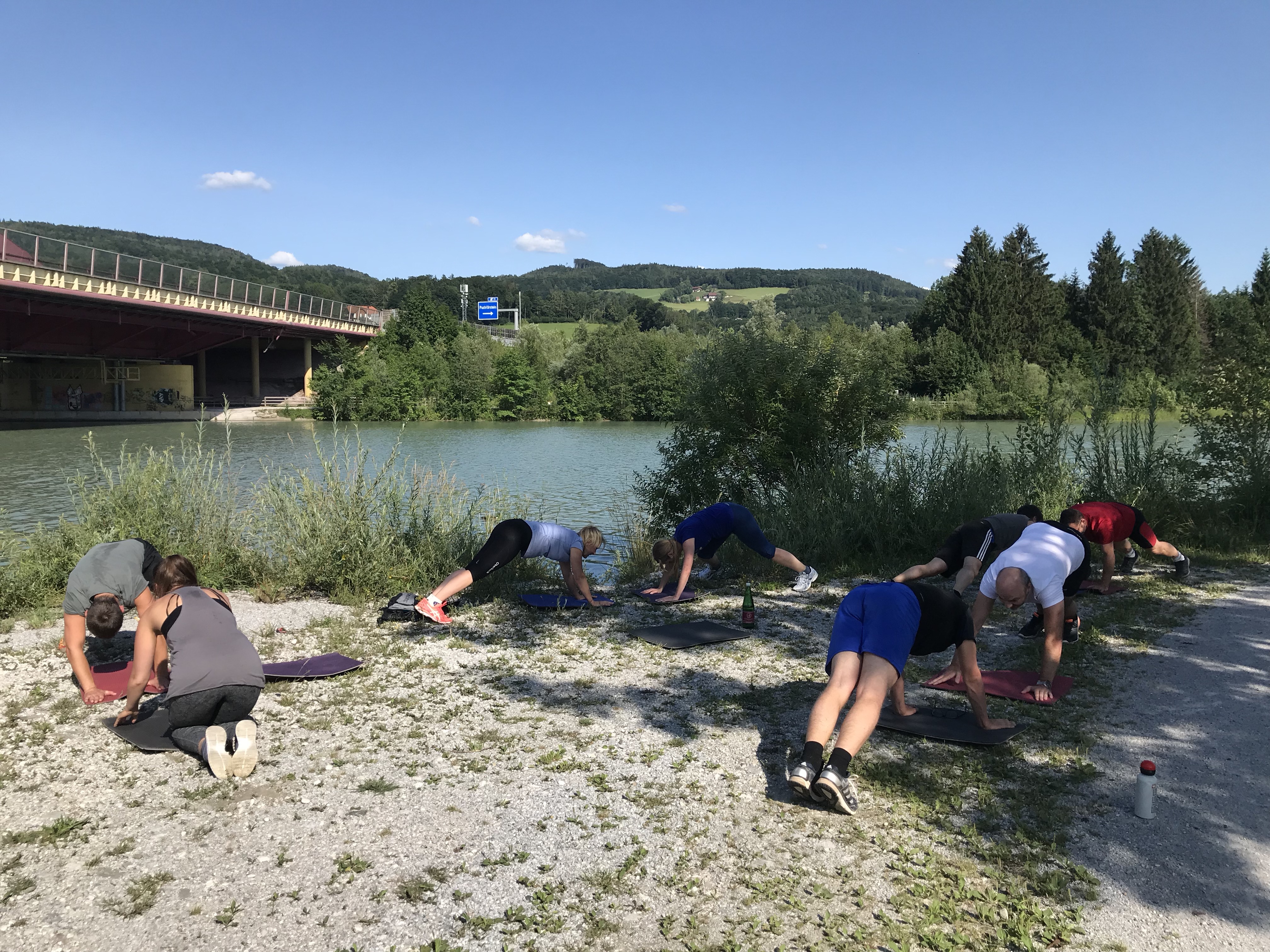- Full service for microelectronics suppliers that is unique in Europe
- Recovery of valuable raw materials and neutralization of pollutants
- Order volume in the mid double-digit million euro range
- Contribution to safeguarding Europe’s semiconductor supply
Salzburg, Austria. That is actually gold shining down there in the wastewater. The particles may be tiny, but it’s definitely worth recovering the yellow metal from industrial wastewater. Around 1 million cubic meters of process water is used annually in the production facilities of a well-known European microelectronics supplier, and it is possible to recover gold valued at around €70,000. The precious metal accumulates in the wastewater by the kilo as the years go by. In addition, there are other valuable raw materials such as palladium, nickel and copper. The recovery of these metals is made profitable by the highly efficient wastewater treatment plant from Bilfinger, a system that the high-tech customer is using to equip the production facility currently under construction.
Bilfinger is the only supplier in Europe capable of providing the semiconductor component specialist with a complete solution for ultra-pure water and wastewater treatment, including piping construction. The order, which is valued in the mid double-digit million euro range, includes turnkey construction of the complex plant as well as the complete piping system with a length of almost 60 kilometers.
“The European semiconductor industry has enormous market potential for Bilfinger’s sustainable and efficient solutions. Thanks to our many years of experience in plant development for sustainable water treatment and resource-saving use of ultra-pure water, we are in an excellent position to support our customers as a reliable solution partner. Our extensive expertise means that we can meet the stringent requirements that prevail in this industry and make a positive contribution to environmental and economic sustainability”, says Bilfinger Group CEO Thomas Schulz.
The ultra-pure water and wastewater treatment plant that Bilfinger builds for suppliers of semiconductor components is essential for the smooth, environmentally-friendly and profitable operation of the highly competitive computer parts manufacturing industry, which includes cleaning and etching processes. It consists of hundreds of individual components, including pumps, filters, heat exchangers and electrical equipment.
The untreated water used for production is first purified in the ultra-pure water plant to remove foreign substances, since these can interfere with the sensitive manufacturing process. During the manufacturing process, numerous highly effective chemicals enter the ultra-pure and process water. These must be removed at the end of production so that the wastewater can be disposed of in the most environment-friendly way possible and in compliance with strict European standards.
Ultra-pure water (UPW) is produced by processing highly-purified water (HPW) in ultrahigh-purity pipelines. Impurities, minerals, microorganisms and traces of organic and inorganic chemicals are removed, producing specification-quality water for use in microelectronics manufacturing. Water treatment processes used include activated carbon filters, electrodeionization, disinfection by UV irradiation and osmosis.
One special challenge in this major project is to install the ultra-pure water plant on site in a very tight construction period, while the entire production facility is still under construction. Once completed, clean room conditions must be ensured, because even the smallest dust particles can disrupt the production process.
The wastewater generated in microelectronics production is treated one step at a time in more than 100 basins and tanks in a complex process that is monitored and documented around the clock. The plant must be able to react flexibly at all times to the composition and concentration of foreign substances in the wastewater so that chemicals and raw materials can be removed efficiently and in compliance with the legal limits. These materials include acids, alkalis and heavy metals.
Bilfinger relies on the advanced biochemical process knowledge that the Group has gained internationally in many similar projects for the flocculation, neutralization and recovery of the foreign substances. Roughly 50 engineers and around 90 fitters from Bilfinger Life Science GmbH are currently working on this major project. With more than 500 employees, the Bilfinger business unit based in Salzburg, Austria, designs, manufactures and erects production facilities for the biotechnology and pharmaceutical sectors as well as for the microelectronics industry and the food sector.


